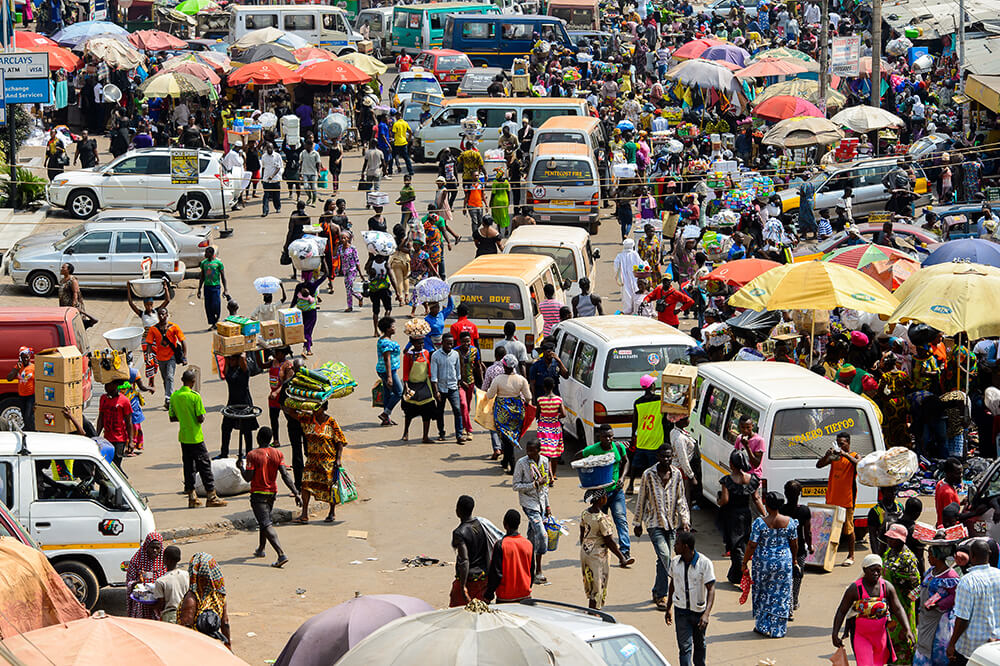In recent years, the topic of pornography in Ghana has garnered increasing attention and sparked significant debate among various segments of society. As the nation grapples with the proliferation of digital content and the global influence of the internet, the issue of pornography has become a focal point of discussions around morality, legality, culture, and public health. This article explores the multifaceted landscape of pornography in Ghana, examining its cultural, legal, and societal implications.
Cultural Context
Ghana, like many African nations, is deeply rooted in traditional values and cultural norms. The country’s rich cultural heritage emphasizes modesty, family values, and communal living. Within this context, the consumption and production of pornography are generally viewed as taboo and are often condemned by religious and community leaders.
Despite these cultural prohibitions, the reality on the ground is more complex. The advent of the internet and the increasing availability of smartphones have made access to pornographic material easier than ever before. This has led to a quiet yet pervasive consumption of pornography, particularly among the youth. While traditional cultural norms continue to exert significant influence, the younger generation’s exposure to global content is gradually shifting perceptions and behaviors.
Legal Framework
The legal stance on pornography in Ghana is clear and stringent. The country’s laws classify the production, distribution, and consumption of pornographic material as criminal offenses. The Criminal Code, 1960 (Act 29), specifically addresses issues related to obscenity and indecent material. According to Section 278 of the Code, anyone who produces, distributes, or possesses obscene material can be prosecuted and subjected to severe penalties.
Law enforcement agencies in Ghana have periodically conducted crackdowns on individuals and businesses involved in the production and distribution of pornographic content. However, the enforcement of these laws is often inconsistent, and the digital nature of pornography poses significant challenges for regulation and control. The anonymity provided by the internet makes it difficult for authorities to track and prosecute offenders effectively.
Societal Impact
The widespread consumption of pornography in Ghana has several societal implications. One of the most pressing concerns is its impact on youth. Many young Ghanaians have easy access to explicit content, which can influence their understanding of sex and relationships. Experts warn that pornography often portrays unrealistic and harmful depictions of sexual behavior, which can distort young people’s perceptions and expectations.
Moreover, the consumption of pornography has been linked to various public health issues. Research indicates that excessive consumption can lead to addiction, relationship problems, and mental health issues such as depression and anxiety. These concerns have prompted calls for more comprehensive sex education that addresses the potential harms of pornography and promotes healthy, respectful relationships.
The Role of Technology
The role of technology in the proliferation of pornography in Ghana cannot be overstated. The internet, social media platforms, and messaging apps have become primary channels through which pornographic material is accessed and shared. The rise of mobile internet has further exacerbated the situation, making explicit content accessible to a wider audience, including minors.
To address this issue, there have been calls for greater regulation of internet content and more robust parental controls. Some stakeholders advocate for the introduction of internet filters and stricter monitoring of online platforms to curb the spread of pornography. However, these measures must balance the need to protect individuals from harmful content with the importance of preserving internet freedom and privacy.
The Way Forward
Addressing the issue of pornography in Ghana requires a multifaceted approach that considers cultural, legal, and technological dimensions. Here are some potential strategies:
- Public Education and Awareness: Increasing public awareness about the potential harms of pornography and promoting healthy sexual behavior is crucial. Educational campaigns can help demystify the topic and provide accurate information, particularly targeting the youth.
- Comprehensive Sex Education: Implementing comprehensive sex education in schools that covers the realities of pornography and its impact on relationships and mental health can equip young people with the knowledge and skills to navigate these challenges.
- Strengthening Legal Enforcement: Enhancing the capacity of law enforcement agencies to tackle the production and distribution of pornography is essential. This includes investing in technological tools and training to monitor and control online content effectively.
- Promoting Digital Literacy: Encouraging digital literacy among the population can help individuals make informed decisions about their online activities. This includes understanding the risks associated with accessing and sharing explicit content.
- Community Engagement: Engaging community and religious leaders in conversations about pornography can help bridge the gap between traditional values and modern realities. These leaders can play a pivotal role in shaping attitudes and behaviors.
Conclusion
The issue of pornography in Ghana is complex and multifaceted, intersecting with cultural norms, legal frameworks, societal impacts, and technological advancements. While the challenges are significant, a balanced and comprehensive approach that involves education, regulation, and community engagement can help address the issue effectively. As Ghana continues to navigate the digital age, finding ways to protect individuals, particularly the youth, from the potential harms of pornography while respecting cultural values and individual freedoms will be crucial.
